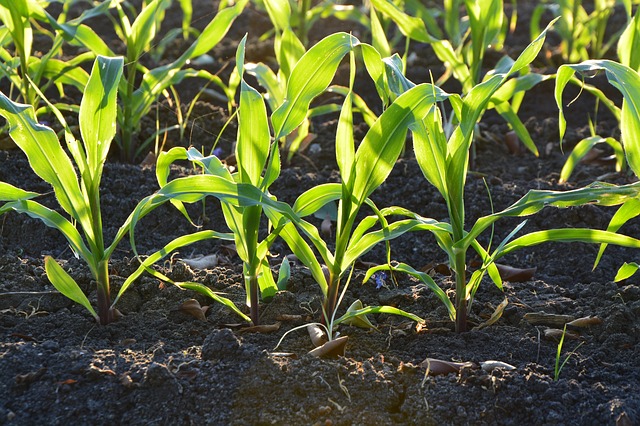Trace Genomics, the developer of the first scalable microbiome testing technology for the early detection of soil diseases, soil health, and crop quality, announced it has closed on a $13 million Series A led by Stage 1 Ventures. Additional investors in the round include Viking Global Investors, AgFunder, and others. This capital lifts Trace Genomic’s total funding to date to more than $19 million.
Founded in 2015 by graduate students Diane Wu and Poornima Parameswaran – who met while at Stanford working in the lab of Nobel prize-winning geneticist, Dr. Andrew Fire – Trace Genomics uses machine learning and genomics to deliver never-before achieved insights for farmers.
Testing soil samples collected and submitted by farmers, the company uses high-throughput DNA sequencing, AI, and a growing database of microbial species present in agricultural soil to identify and profile the soil’s microbiome.
“Trace Genomics has developed a highly scalable software and analytics platform to quantify soil productivity and offer actionable insights never before captured. It has the opportunity to transform how we measure sustainable and regenerative farm management practices,” said Joseph Pianelli, operating partner, Stage 1 Ventures. “The founding team has demonstrated a passion for microbiome science and a determination to deliver value to the market.”
Through this data, together with its scalable software and analytics platform, Trace Genomics provides a much deeper understanding of how microbes interact with the roots of plants and affect crop production.
“We’ve spent our careers working on genomics technology, watching it transform human health in a very significant way,” said Diane Wu, PhD, CEO and co-founder, Trace Genomics. “We’re passionate about bringing that power to every farmer, using genomics and big data to help them make smarter decisions and materially change our approach to food production.”
After only a single year of having its services being commercially available, Trace Genomics has tested soil samples from more than 150,000 acres, and is providing critical insight concerning planting and input decisions to the growers of over 70 high-value fruits and vegetables.
“Precision agriculture lacks the ‘so what’,” comments Carl Casales, a customer of Trace Genomics and the former CEO of food and ingredients company CHS. “With the Trace report, we were able to see very clearly what was causing loss of productivity on our fields and what we needed to do about it. We saved over $100/acre by avoiding a fungicide we didn’t need and focusing on specific approaches to improve our soil health. We saw visible improvements to our yields the following season.”
Corn and Soybeans
With the ability to test more than 1,000 soil samples per week, and having worked with crops such as lettuce, berries, and almonds, and with farming groups such as Western Growers, Trace Genomics plans to use this new capital to support expanding its services to include testing for corn and soybean farms – something that would potentially expand its impact from its current 150,000 acres to more than 170 million acres in the U.S. alone.
Soil health has rapidly become a key concern for row crop farmers in the sense that it can help maximize returns as they face incredibly thin margins, record-low crop prices, and difficult global market situations.
“Over 70 percent of decisions a soybean farmer makes is something we can impact with our technology,” Wu told Forbes.
Aside from tight margins, a key concern for soybean farmers is sudden death syndrome – a fungal disease that strikes a crop too late in the growing season to effectively combat. Therefore, leaving farmers needing to know if early preventative measures should be taken – a question that Trace Genomics says it can answer.
The company’s technology also ties-in with the growing use of biological fertilizers and inputs, the mounting importance of regenerative agricultural production, food security, and the need for companies to quantify and meet their climate goals.
“Making these kinds of decisions for the growing season has been an art,” Parameswaran told Forbes. “Now we want to make it a science.”
-Lynda Kiernan

